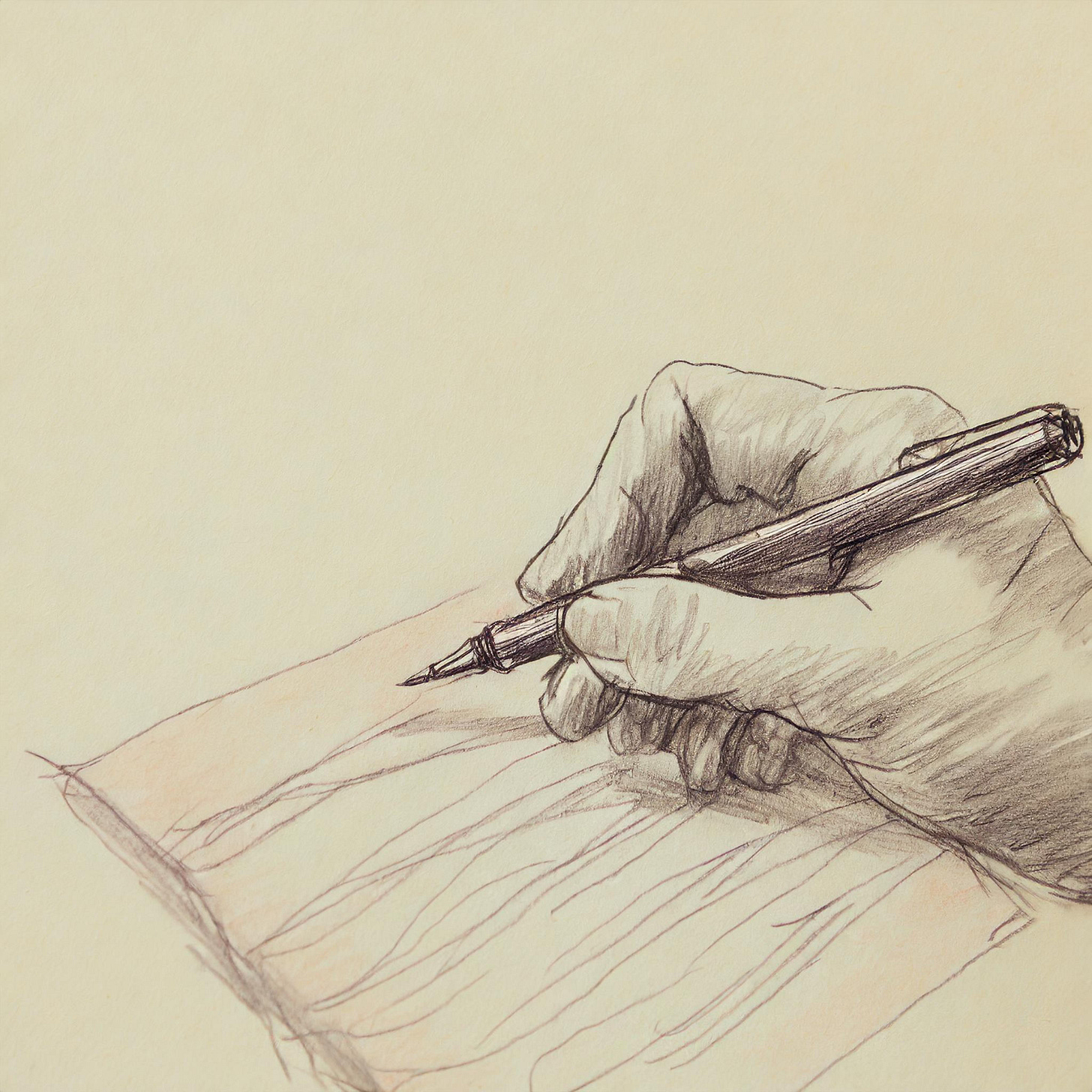The Immortality of Writers
Or if not that, perhaps we’re as close to immortality as anyone is likely to get - and not for the reason you think...
I suspect that there are countless millions who stroll through life with some vague sensation that they are immortal. Death is something that happens to other people, after all. And ask someone middle-aged how old they feel and they’ll tell you twenty-two or thirty-one. Yes, they may be having a bit of trouble with a hip or confess that their 10k times are down on the last couple of years, but inside - where it matters - they feel decades younger. Honestly, the pills on the bedside cabinet are an irrelevance!
Surely this youthful feeling is a kind of belief in immortality. Our life, our experience of it and how the world fits around us, is so profound, so deep, that we can’t imagine not having it, not being in it. If the world is going to carry on, then - because we create and interpret that world - surely we must go on too.
Which is, of course, nonsense. The world will go on - hopefully! - but one day without us in it.
You might argue that being a writer is as close as anyone is ever going to get to being immortal; not in the sense of not dying, of course, nor in the hackneyed and lazy notion of ‘leaving a legacy’, but rather through the opportunity writing offers us to ‘re-live’ experience. We can ‘re-insert’ ourselves into the world - and into fictional worlds too - and re-live moments of joy and sadness, grief and elation. This is more than mere remembering, of course; it is an exhumation, a reimagining, a super-power that allows us access to the past and to make it present again. And this is initially achieved not via the words on the page, but through the process of putting them there.
That first lost love? Write a poem, a story; remember them by recreating those original emotions and actions; feel the heat again as you put pen to paper. And then to go beyond that perhaps, and change the outcome, the past, the future. Writing allows us to create our own multi-verses based upon the very real - and very singular - universe we experience.
Perhaps that is why so many people are drawn to memoir or putting together self-absorbed collections of poetry where there is just one theme centred around an intensely personal experience. Such channels offer us an ability to ‘re-live’ and re-examine, to reassert ourselves, our importance. Or there are those who are drawn to fantasy, where they can escape the humdrum and propel themselves into worlds where they are pulling all the strings and can lord it god-like over an alternative reality. I daresay you can consider any genre of writing and find a reason why you might be drawn to it, that reason rooted in your relationship with your workaday world and everyday mortality. Your life.
Does it matter, you might ask? Firstly what we write, and secondly why we do so. Yes, and yes.
You should stand back from what you write and - knowing there is no ‘right’ and ‘wrong’ in any of this - be honest with yourself about why you are doing so. This isn’t to judge or validate, but simply to understand. And in understanding why we write what we do, we can both confirm that we’re following the correct path, and also give ourselves the permission to do so. Indeed to explore further.
I cannot write sci-fi or murder mystery. I happily recognise my fascination with the past, with individual history; with how the lives we have led influence those we will lead. That is where I explore. And not through some monomaniacal exposition of my own life, but mainly via the distillation of my lived-experience (either first-hand or observed); that raw material which I can then implant into other, new, made-up people. People, the endless fascination.
And immortality? The vehicle’s the same. I take my lost loves or missed chances and gift them to someone new, work them through elsewhere, feel them again as they sit beneath the microscope of my pen, my keyboard. Is it any wonder that occasionally it feels like dissection? Or immortality? I suspect not.
And in understanding the what and the why, I am resolved and content. I am compelled to worry away inside all my universes: the one I will ultimately leave, and the ones I inhabit each time I put one word in front of another…





Is it not why we write, to leave something of us behind for generations that follow? A graveside sonnet read about the one lying beneath the sward is one that is personal to me and my family. These days the written memories have supplanted the verbal storytellers as in the Irish tradition and around firesides. It is the story of our history.